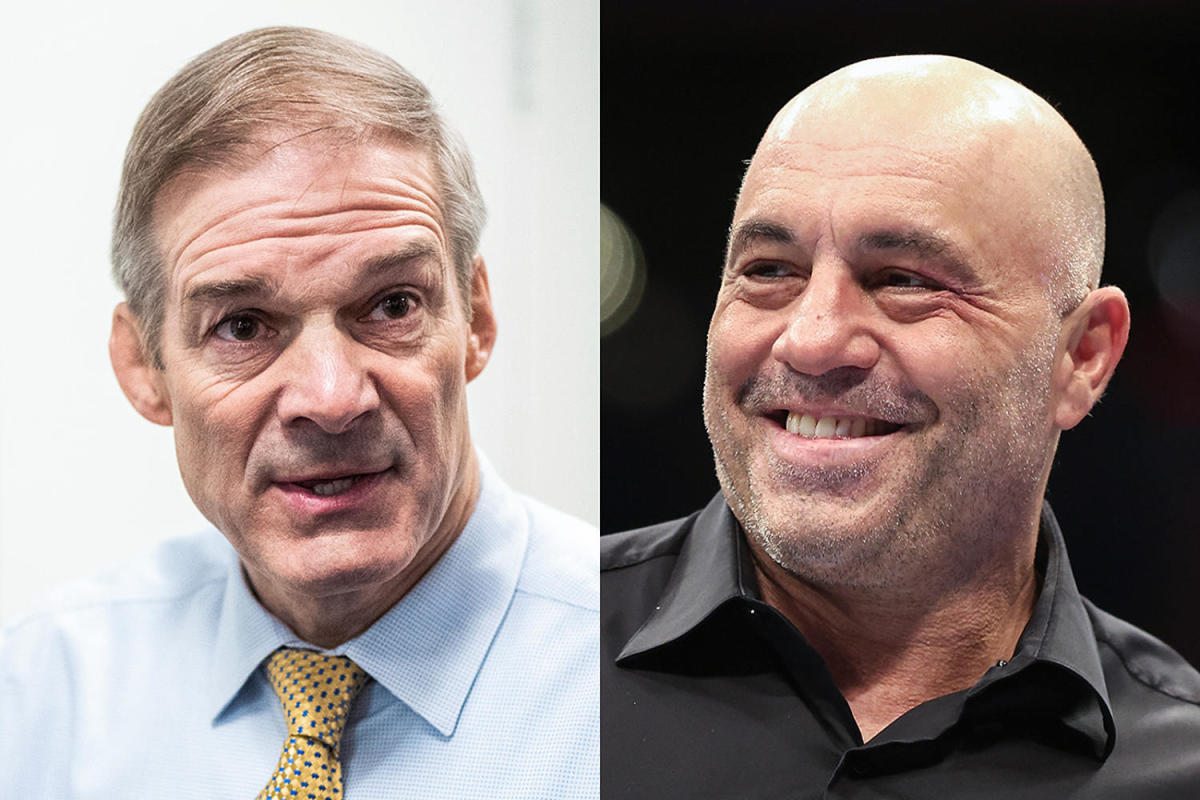
Politics
Trump compares campus Israel protests to 2017 white nationalist rally
Who wears short shorts? You might, with this No. 1 bestselling anti-cellulite oil — it’s down to $24
LifeStyle
Your body changes as time goes on — it’s just a natural part of life. But while some folks consider cellulite and …
This 2-in-1 air filter and aromatherapy diffuser is my secret weapon against pet odors, and it’s $30 (that’s 50% off)
LifeStyle
You can sweep, vacuum and mop over and over again, but a dog’s scent is their mark on the world, and it’s …
Apple releases eight small AI language models aimed at on-device use
Technology
Getty Images In the world of AI, what might be called “small language models” have been growing in popularity recently because they …
President Joe Biden celebrates Micron in Syracuse
Business
SYRACUSE, N.Y. — Money talks. It was the main focus of the speech from President Joe Biden today, with smiles on the …
How Travis Kelce Feels About Taylor Swift’s New TTPD Songs
Entertainment
“Loml”: In this moving track, Taylor first sings about being called the love of someone’s life “about a million times.” However, the …
Tennessee lawmakers adjourn after finalizing $1.9B tax cut and refund for businesses
Politics
NASHVILLE, Tenn. (AP) — Tennessee’s GOP-controlled General Assembly on Thursday adjourned for the year, concluding months of tense political infighting that doomed …
Reggie Bush celebrates return of Heisman Trophy, calls out NCAA with defamation suit still pending: ‘I never once cheated’
Sports
Flanked by his family and legal team, Reggie Bush celebrated the return of his Heisman Trophy Thursday during a news conference at …
The surprising cognitive effects of creatine on sleep-deprived brains
Health
Scientists in Germany have found evidence that a single large dose of creatine, a supplement commonly embraced by athletes for physical performance …













